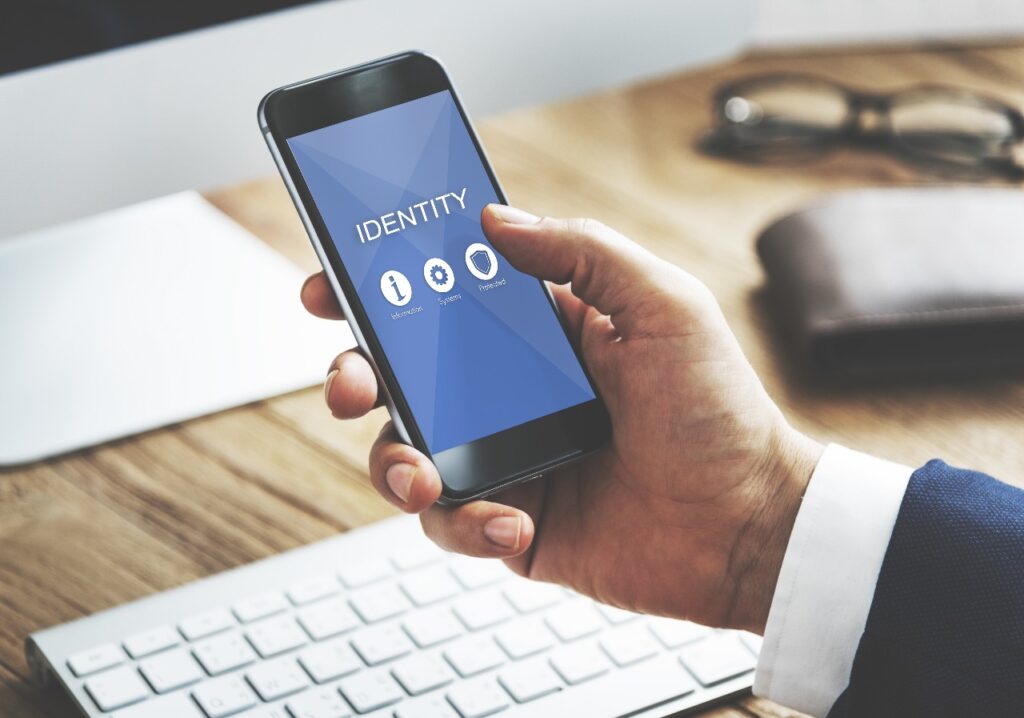Today, mobile phones are more than communication tools; they are gateways to our personal, professional, and financial lives. From banking apps to health trackers, smartphones have become vaults of our most sensitive information. Yet unlike traditional vaults, they are not always secure.
Over the years, tech companies have faced questions about how they handle user data. In 2020, reports suggested Xiaomi’s browser tracked user activity even in private mode—claims the company strongly denied. Around the same time, other global giants faced scrutiny: Facebook with the Cambridge Analytica scandal, Apple over location tracking, and Google for targeted advertising. These cases show that privacy concerns cut across brands and markets.
Why This Matters to Consumers
Data is the new oil. Each time you browse, stream, or unlock your phone, you generate information that reveals your habits, preferences, and location. This data, when aggregated, can be used for advertising, predictions, and even political influence. In the wrong hands, it can lead to identity theft, fraud, or intrusive surveillance.
In Kenya, where mobile money dominates, the stakes are even higher. The Central Bank of Kenya reports that transactions through mobile money agents hit Sh8.7 trillion in 2024—over half the nation’s GDP. A data breach here could expose incomes, spending habits, and debts, fueling scams and fraud.
Local and Global Implications
Globally, regulators are tightening controls. The EU’s GDPR and California’s CCPA empower consumers, but enforcement often excludes developing markets where smartphone use is soaring. Kenya has taken steps with the 2019 Data Protection Act and the Office of the Data Protection Commissioner (ODPC). Progress is slow, but notable: OPPO Kenya was fined Sh5 million in 2022 for misusing a customer’s photo, and in 2023 several firms—including schools and digital lenders—faced penalties for data breaches.
What Consumers Can Do
- Scrutinize app permissions – don’t allow unnecessary access.
- Use trusted apps and browsers with strong reputations for privacy.
- Keep devices updated to patch vulnerabilities.
- Enable encryption and two-factor authentication.
- Protect mobile money apps with strong PINs and avoid sharing credentials.
- Stay informed by following credible updates on privacy issues.
Ultimately, while companies may lure you with sleek designs and affordability, the hidden cost may lie in how your data is used. Whether you own an iPhone, Samsung, Xiaomi, or entry-level Android, the principle is the same: the more informed you are, the safer your digital life will be.






More Stories
Safaricom Lauded for Transparency in Environmental Reporting
Optiven Limited Sets Five-Year Business Targets
NCBA Boosts Youth Empowerment with KES 5.4 Million Education Sponsorship